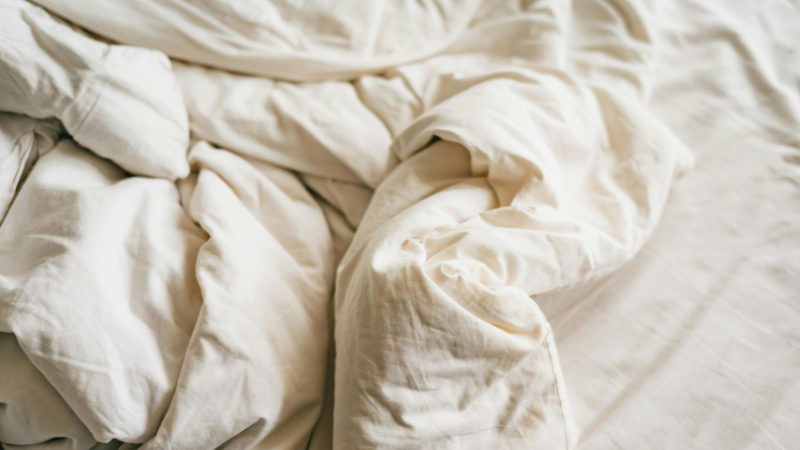Manage Night Time Panic Attacks
Sleep, is an important aspect of mental well being. It is suggested that the average adult should have between 7-9 hours sleep a night (National Sleep Foundation) and when this sleep is disturbed, it can cause a lot of distress, especially when it is disturbed by a panic attack. Often, a night time panic attack begins while the person is still asleep which causes further distress when they wake up midway through it.
Nocturnal panic attacks have similar symptoms to day time panic attacks but can often take longer to calm down afterwards. Panic attack symptoms that occur at night can include; a shortness of breath, a racing heart beat, feelings of fear or dread and chills or hot flushes.
Often night time panic attacks or nocturnal panic attacks can be caused by extreme stress in day to day life, struggling with another mental health condition or significant life changes such as bereavement, loss of a job, becoming a parent (Medical News Today). Therefore, a nocturnal panic attack can happen to anyone for a number of reasons.
Ways to cope with a Night Time Panic Attack (Medical News Today)
Deep Breaths
- When having a night time panic attack it can sometimes be very scary and feel like you can’t calm down.
- Taking deep breaths helps to slow your breathing and bring you back to reality in the darkness.
Don’t Fight It
- It can be tempting to try and fight the panic attack in order to calm yourself down but this can often do more harm than good as it can get you more worked up than you were before.
Get up and do something
- Sometimes the best way to overcome a panic attack, especially when there is the pressure of losing sleep is to get up and distract yourself.
- Often with nocturnal panic attacks it can take longer to calm down than a day time panic attack, therefore distracting yourself by reading a book or watching television may be useful.
Seek professional help
- If you find that these panic attacks are effecting your daily life, it may be useful to talk to a professional Counsellor, Psychologist or Cognitive Behavioural Therapist who can help provide coping mechanisms for when panic attacks occur.
At The Eaves we have over 100 qualified practitioners who specialise in a range of issues including anxiety and panic attacks. For more information, please contact one of the numbers above or send an enquiry form and a friendly member of our team will be happy to help you.
References:
Medical News Today – https://www.medicalnewstoday.com/articles/324531.php
National Sleep Foundation – https://www.sleepfoundation.org/excessive-sleepiness/support/how-much-sleep-do-we-really-need

